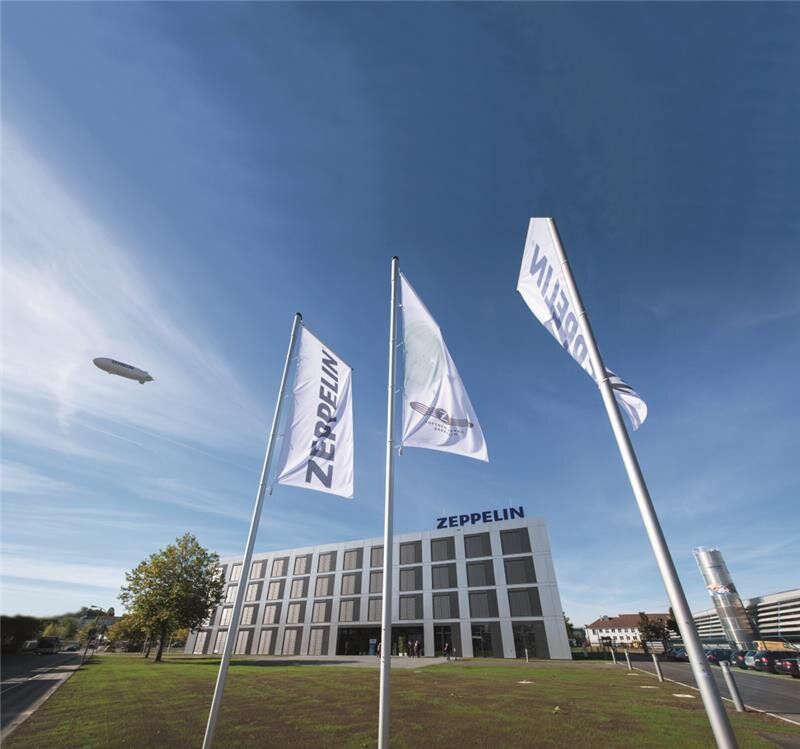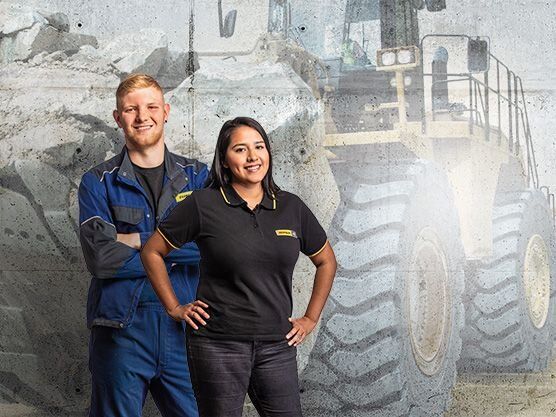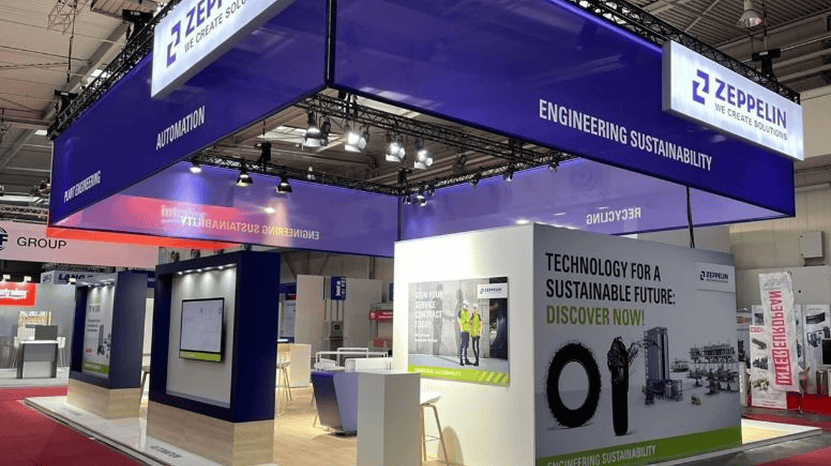
Press releases & News
Stay informed!
Press contact
Zeppelin Systems Company
Learn more about Zeppelin Systems

About Zeppelin Systems
Learn more about plant engineering and solutions provider Zeppelin Systems!
Go to about us
Facts & Figures about plant engineering company Zeppelin Systems
Key information about Zeppelin Systems at a glance.
Go to facts & figures
Sustainability at Zeppelin Systems
Our responsibility as a foundation-owned company.
Go to sustanability initiatives
Zeppelin Systems worldwide – Contact & Locations
Discover more about the plant engineering and solutions provider Zeppelin Systems!
Go to our contact & locations
Career at Zeppelin Systems
We are always looking for talented individuals. Visit our careers portal to learn more
Go to careers portal
Trade Fairs & Events
Zeppelin Systems is represented at all major trade fairs worldwide within its industries – we look forward to welcoming you at the next event.
Go to trade fairs & events
Downloads
Here you will find a wide range of brochures and data sheets to learn more about our products and services.
Go to downloads© 2025 Zeppelin Systems GmbH